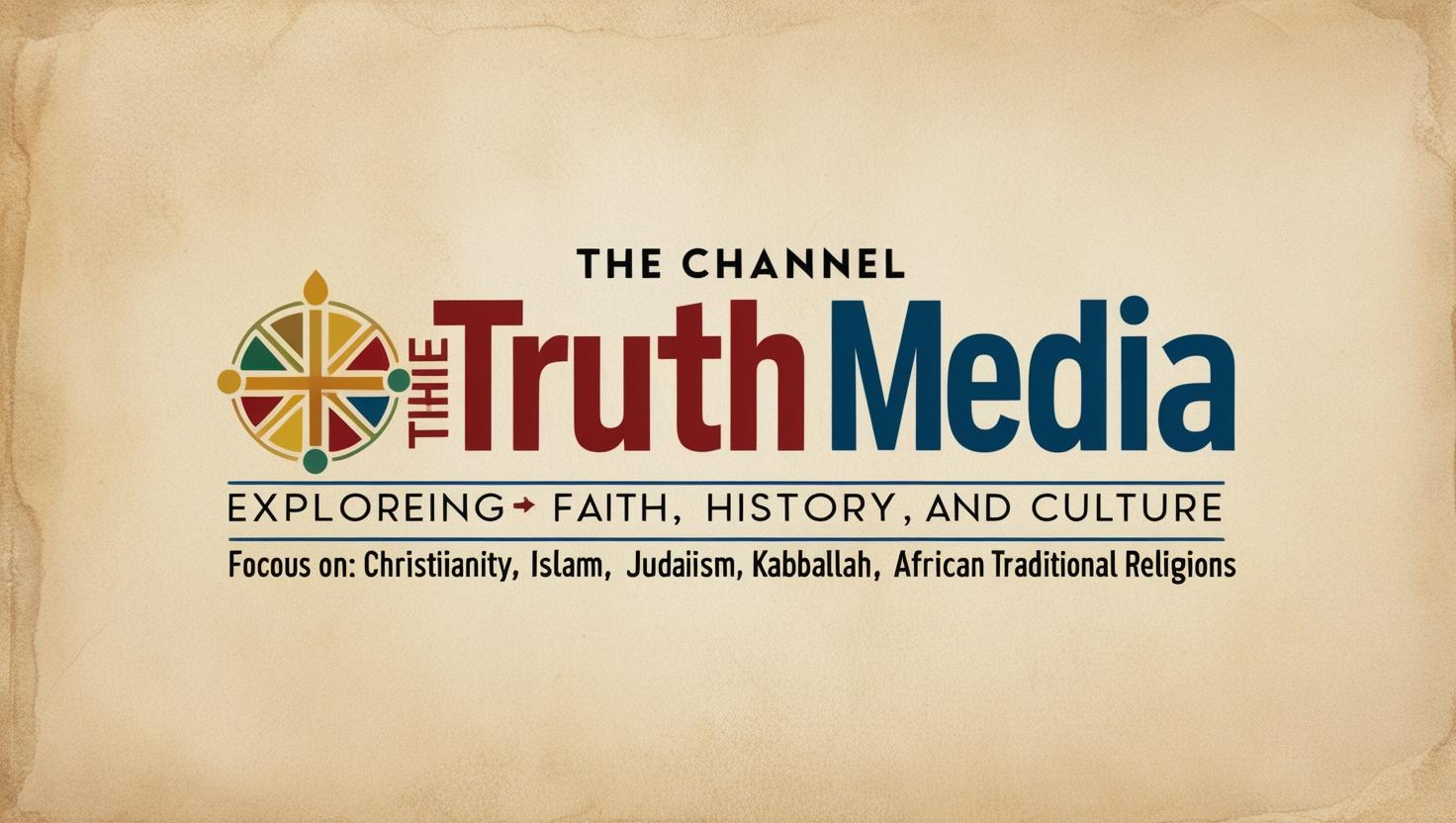The crucifixion of Jesus Christ is one of the most pivotal events in Christian theology. Beyond its historical and spiritual significance, it serves as a cosmic act of redemption, reconciling all creation to God. This article delves into the meaning of the cross, its intersection of time and eternity, and its profound role in the reconciliation of creation.
The Crucifixion as a Cosmic Act of Redemption (Colossians 1:20)
Jesus’ Death: A Universal Reconciliation
Colossians 1:20 states, “Through Him to reconcile to Himself all things, whether things on earth or things in heaven, by making peace through His blood, shed on the cross.” This verse underscores the cosmic scope of Jesus’ sacrifice. The crucifixion was not limited to humanity alone but extended to all creation, restoring harmony disrupted by sin.
Understanding Cosmic Redemption
Cosmic redemption encompasses the idea that Christ’s atonement is universal in scope. Sin affected not only humanity but also the entire created order, leading to decay, brokenness, and separation from God. The cross addresses this disarray, initiating a process of renewal for all creation.
The Blood of Christ: A Restorative Agent
The blood of Jesus is central to the theology of the cross. In Hebrews 9:22, it is written, “Without the shedding of blood, there is no forgiveness.” This sacrificial act not only cleanses sin but also sanctifies and restores creation to its original purpose, glorifying God.
The Intersection of Time and Eternity Through the Cross
The Eternal Plan of Redemption
The cross stands at the crossroads of time and eternity. Revelation 13:8 refers to Jesus as the “Lamb slain from the foundation of the world,” indicating that the crucifixion was foreordained before the creation of time. This eternal plan highlights God’s sovereignty and His intention to reconcile all things through Christ.
A Timeless Sacrifice
While the crucifixion occurred within human history, its implications transcend time. Hebrews 10:12 affirms that Jesus’ sacrifice was “once for all,” emphasizing its eternal efficacy. Through the cross, the eternal God entered time, providing redemption that applies to past, present, and future generations.
Christ’s Victory Over Temporal Constraints
The resurrection demonstrates Christ’s victory over the temporal limitations of death. By rising from the grave, Jesus affirmed that the power of the cross extends beyond the physical realm into eternity, ensuring everlasting life for those who believe.
The Significance of the Cross for the Reconciliation of All Creation
Restoring Harmony to Creation
Romans 8:19-21 describes creation’s eager longing for liberation from “its bondage to decay.” The cross addresses this longing by initiating a process of cosmic renewal. Through Christ, creation is set on a trajectory toward restoration, culminating in the new heavens and new earth described in Revelation 21.
Reconciliation Between Heaven and Earth
The crucifixion bridges the divide between the spiritual and physical realms. Ephesians 1:10 reveals God’s plan “to bring unity to all things in heaven and on earth under Christ.” The cross unites what sin had divided, creating a pathway for communion between God and His creation.
Humanity’s Role in Cosmic Redemption
Believers are called to participate in this redemptive process. As stewards of creation, Christians are tasked with living in a way that reflects the reconciliation achieved through the cross. This includes caring for the environment, promoting justice, and spreading the gospel of peace.
Jesus’ Crucifixion: Meaning in Christian Theology
The Atonement: Substitutionary and Cosmic
The theology of the cross includes both substitutionary atonement—Christ dying in place of sinners—and cosmic redemption. These dimensions are interconnected, as the reconciliation of individuals contributes to the broader restoration of creation.
The Cross as a Display of God’s Love and Justice
The crucifixion reveals the depth of God’s love and the perfection of His justice. Romans 5:8 declares, “God demonstrates His own love for us in this: While we were still sinners, Christ died for us.” At the same time, the cross satisfies divine justice, upholding God’s holiness while extending mercy to humanity.
The Victory of the Cross
The cross is not merely an instrument of death but a symbol of victory. Colossians 2:15 proclaims, “Having disarmed the powers and authorities, He made a public spectacle of them, triumphing over them by the cross.” This victory ensures the ultimate defeat of sin, death, and the forces of evil.
Implications for Believers and the World
Personal Reconciliation with God
Through the cross, individuals are reconciled to God, entering into a restored relationship with their Creator. This reconciliation brings peace, joy, and purpose, empowering believers to live as ambassadors of Christ (2 Corinthians 5:20).
A Call to Mission
The cosmic scope of redemption calls Christians to engage in mission work, sharing the message of the cross with all nations. Matthew 28:19-20, the Great Commission, emphasizes the global nature of this task, inviting all people into the redemptive work of Christ.
Hope for the Future
The cross provides hope for the ultimate renewal of creation. Revelation 21:4 promises a future where “He will wipe every tear from their eyes. There will be no more death or mourning or crying or pain, for the old order of things has passed away.” This hope sustains believers in the present, encouraging them to persevere in faith.
Conclusion
The cross of Christ is a cosmic act of redemption that reconciles all creation to God. It stands at the intersection of time and eternity, addressing the brokenness of sin and initiating a process of restoration. For believers, the cross is a source of personal reconciliation, a call to mission, and a promise of future renewal. Through Jesus’ sacrifice, the entire cosmos is drawn into the redemptive plan of God, ensuring peace, unity, and eternal hope.
Author: Benedict M. Rehoboth and Mercy Mambure

